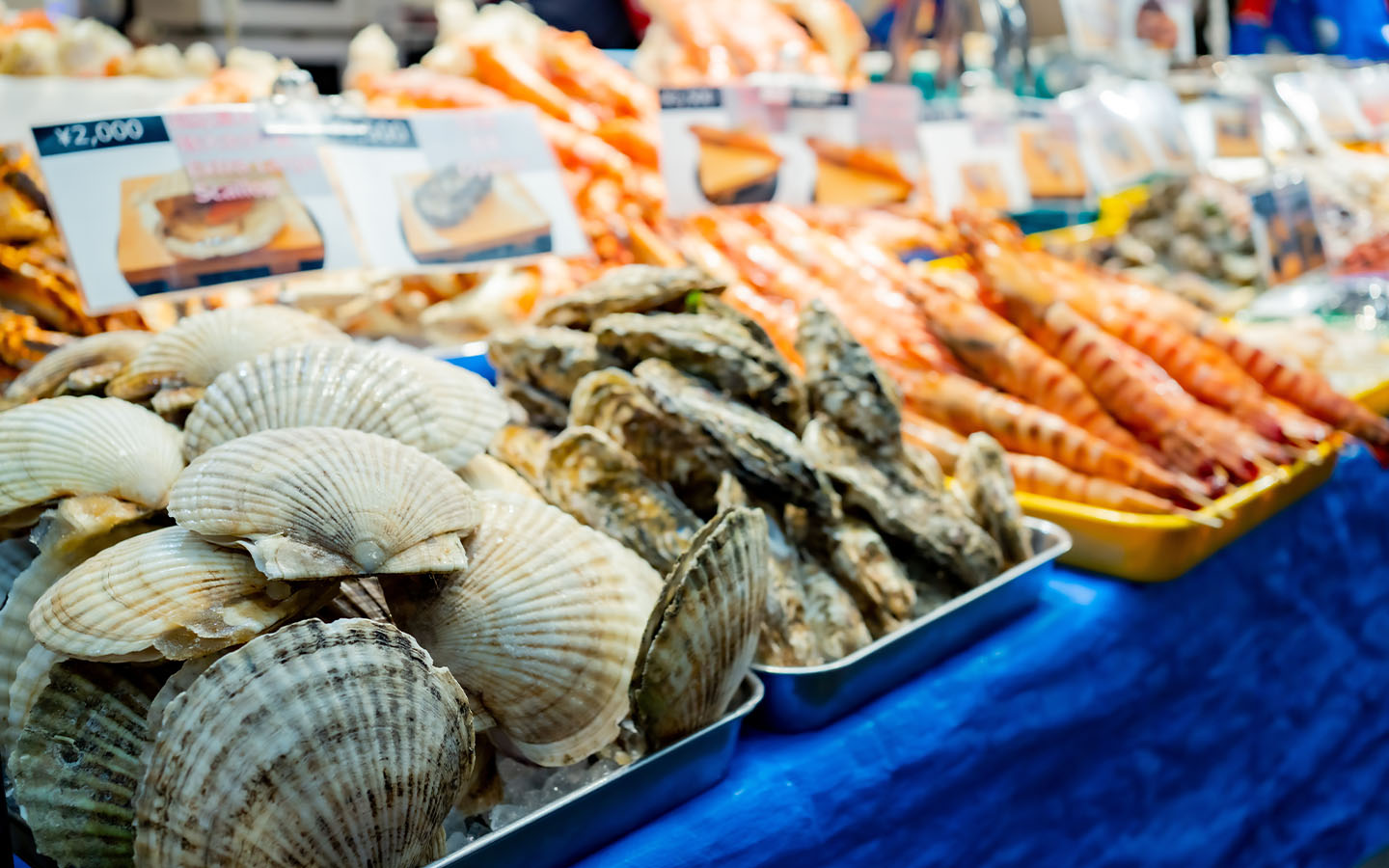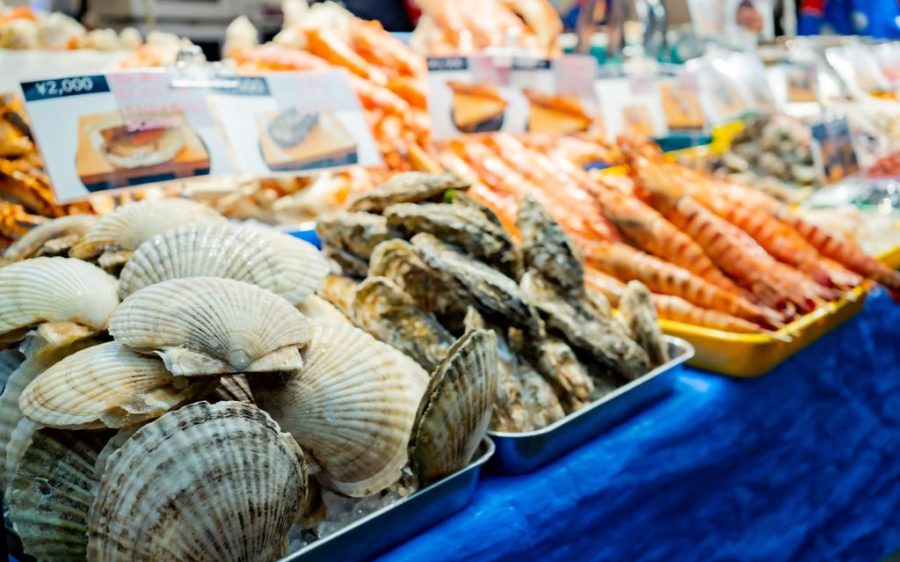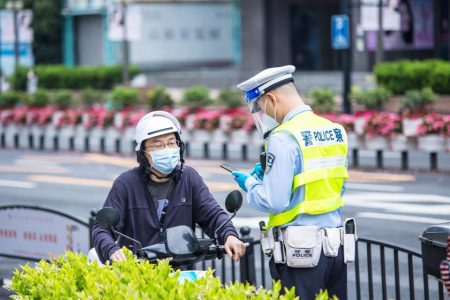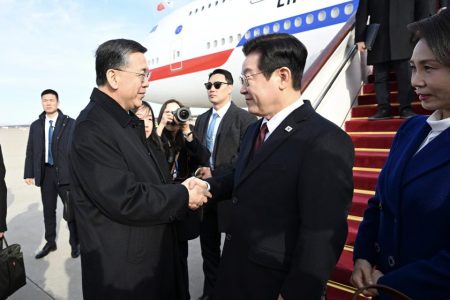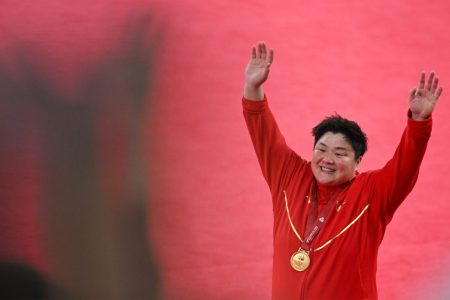China has resumed its suspension of seafood imported from Japan, following Japanese Prime Minister Takaichi Sanae’s recent remarks on Taiwan, which Beijing sees as a direct challenge to its claim of sovereignty over the island under the One-China policy.
On 7 November, Takaichi stated that a military attack against Taiwan could threaten the “survival” of Japan – a situation that could legally permit the country to launch a military operation to support an allied nation under a law passed in 2015.
The comments sparked backlash from the Chinese government. The country’s Foreign Ministry spokesperson, Mao Ning, stated yesterday that “under current circumstances, there will be no market for Japanese aquatic products even if they enter China.”
Mao also explained that the resuspension of imports was due to Japan’s inability to provide the “technical materials” needed to ensure “the quality and safety of its aquatic products exported to China.”
China’s decision to reinstate the ban comes only months after it lifted the restrictions for aquatic products imports from most parts of Japan. The ban was originally introduced in August 2023 in response to concerns over Japan’s discharge of treated radioactive water from its Fukushima power plant.
Following Takaichi’s comments, China’s Foreign Ministry issued a travel advisory for Japan last Saturday, warning Chinese nationals to avoid travelling to Japan due to the country’s deteriorating public security situation.
The ministry’s statement noted that multiple Chinese citizens had been attacked in Japan in recent days. It added that the Japanese Prime Minister’s “provocative” comments about Taiwan had “seriously soured” exchanges between people from China and Japan, while also endangering the safety of Chinese citizens in the country.
Macao and Hong Kong’s governments followed suit, issuing similar warnings to remind locals who are visiting Japan to stay alert.
[See more: Japan’s new leader wants to develop the casino sector]
As tensions flare, some Chinese airlines have responded by cancelling flights between China and Japan. CCTV reports that Sichuan Airlines has cancelled its planned flights between Chengdu and Sapporo for the period between 1 January 2026 and 28 March 2026. Meanwhile, Spring Airlines has cancelled multiple Japan-related services.
The Chinese state broadcaster noted that over 10 domestic airlines, including Hainan Airlines, Shenzhen Airlines and Xiamen Airlines, have offered special ticketing guidelines for their Japan routes, giving passengers flexibility to cancel and reschedule their trips up until 31 December.
According to one estimate cited by Reuters, some 500,00 Chinese airline tickets have been cancelled so far.
The shares of Japan’s tourism and retail industry have already been hit by retaliatory measures, with Al Jazzera reporting on Tuesday that the shares of major companies such as department stores, Isetan Mitsukoshi, and Japan Airlines, dropped by around 11 percent and 4 percent respectively.
Japanese film imports to China have also been affected by the current tensions, with the state-affiliated China Film News stating that the Chinese screenings of Japanese films such as Crayon Shin-chan the Movie: Super Hot! Scorching Kasukabe Dancers and Cells at Work! have been temporarily suspended.
In order to reduce tensions, Massaki Kanai, the head of the Japanese Foreign Ministry’s Asian and Oceanian Affairs Bureau, met with Liu Jinsong, the director-general of China’s Department of Asian Affairs, in Beijing on Tuesday.
The meeting appeared to have made little headway, as Liu told reporters afterwards that he was “not satisfied” with the event whose tone he said was “serious.”
Takaichi has yet to retract her comments regarding Taiwan, despite the Chinese government repeatedly calling her to do so. During yesterday’s press conference, Mao said that China would enact “strong and resolute countermeasures” if Japan refuses to back down from its “erroneous remarks on Taiwan.”
